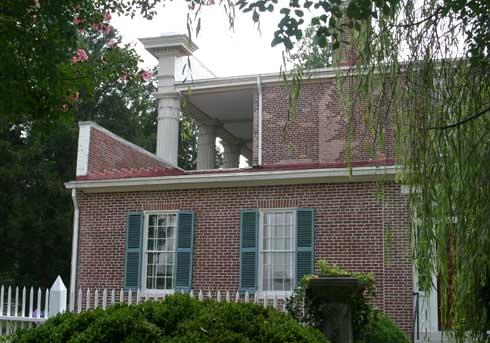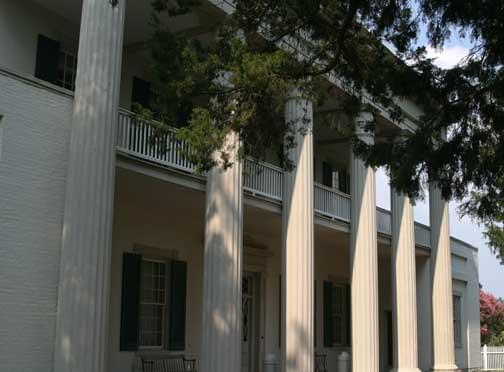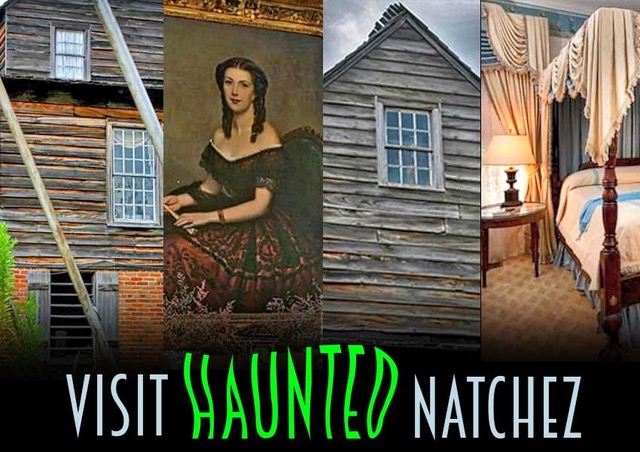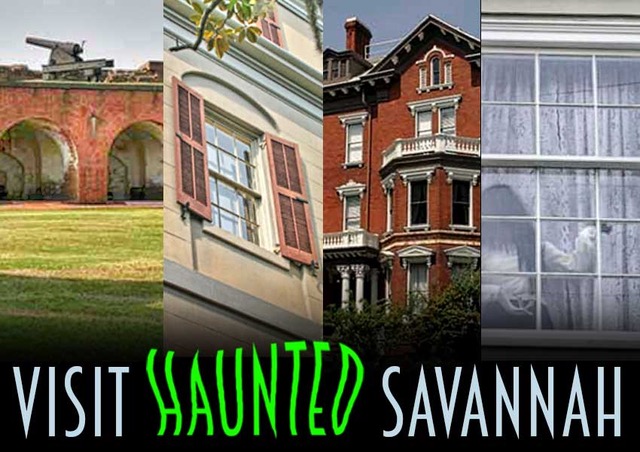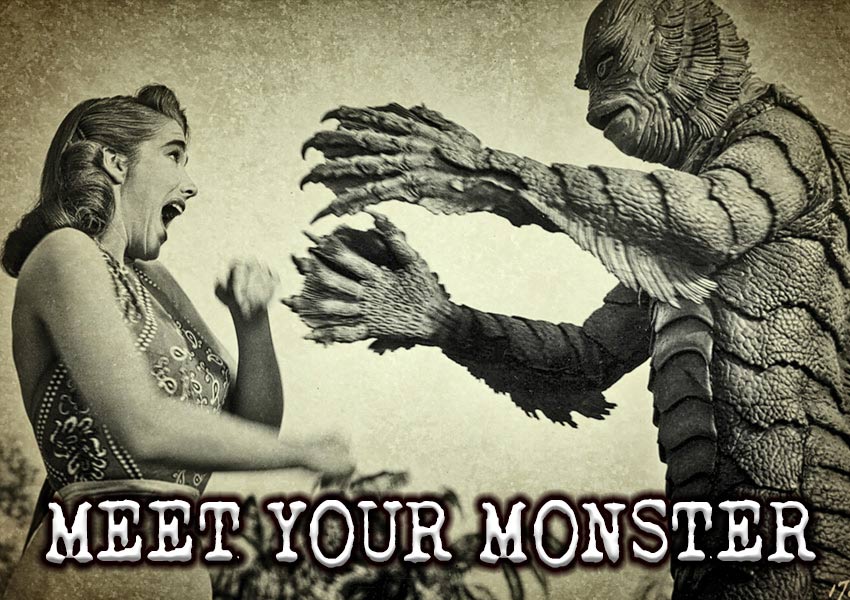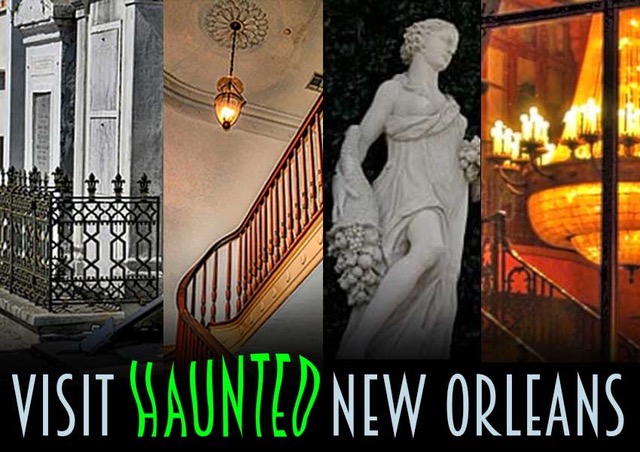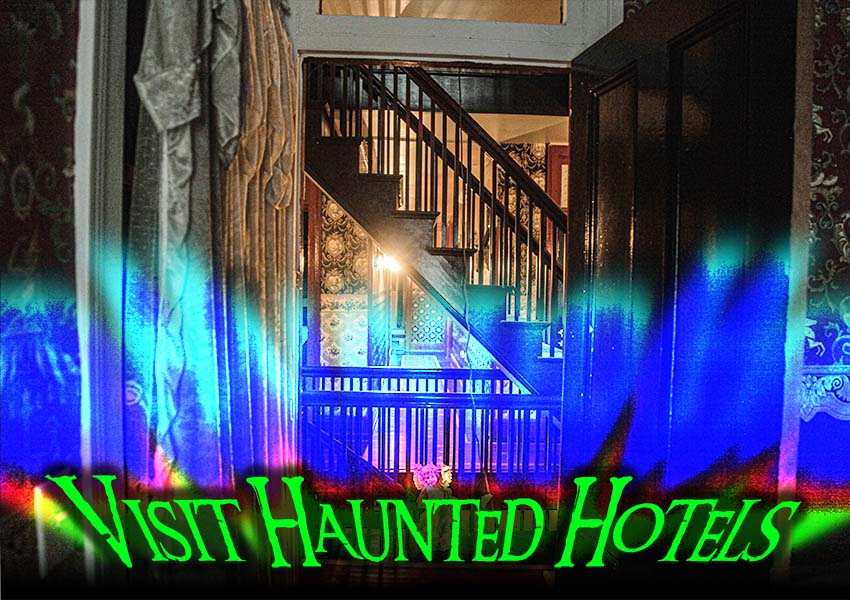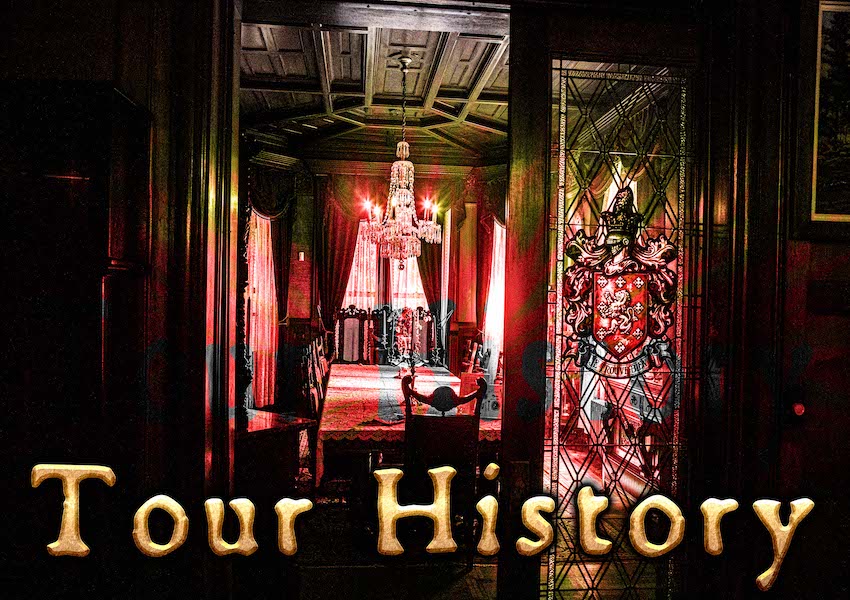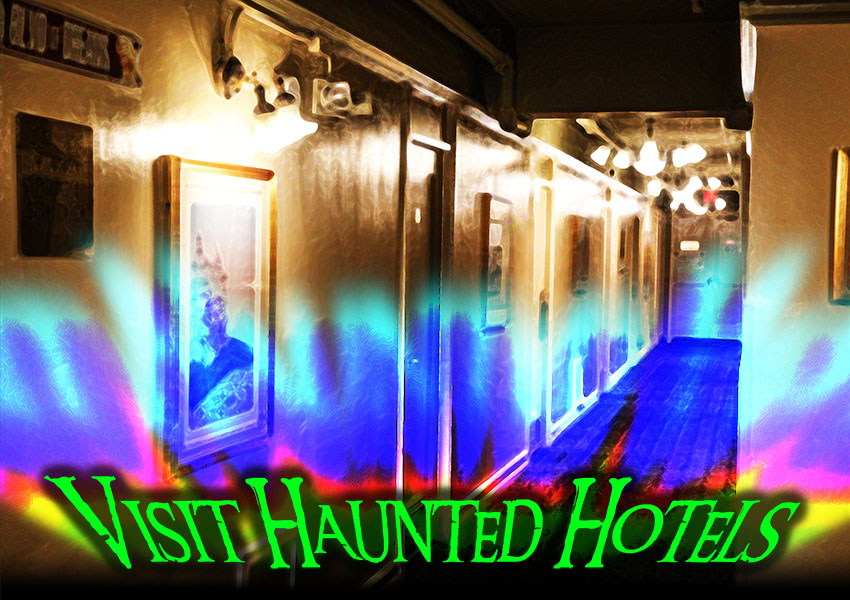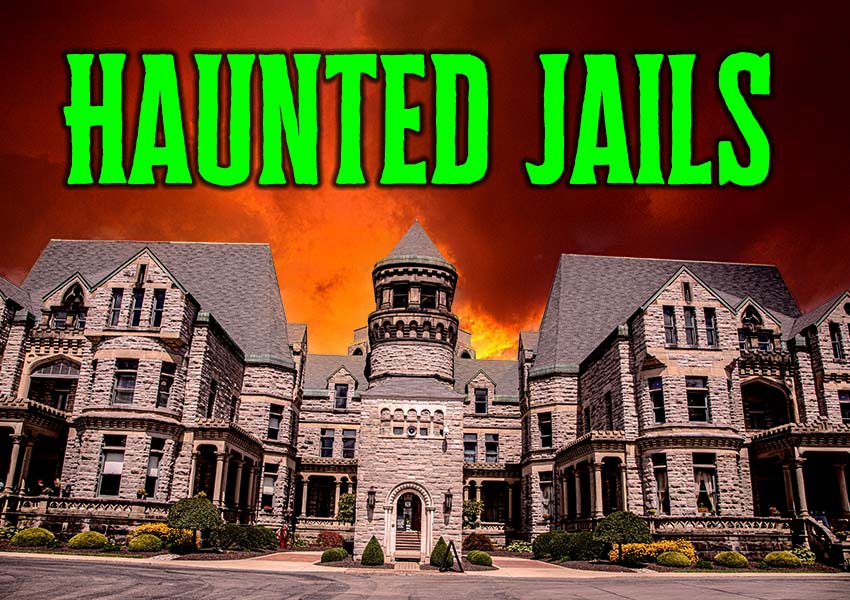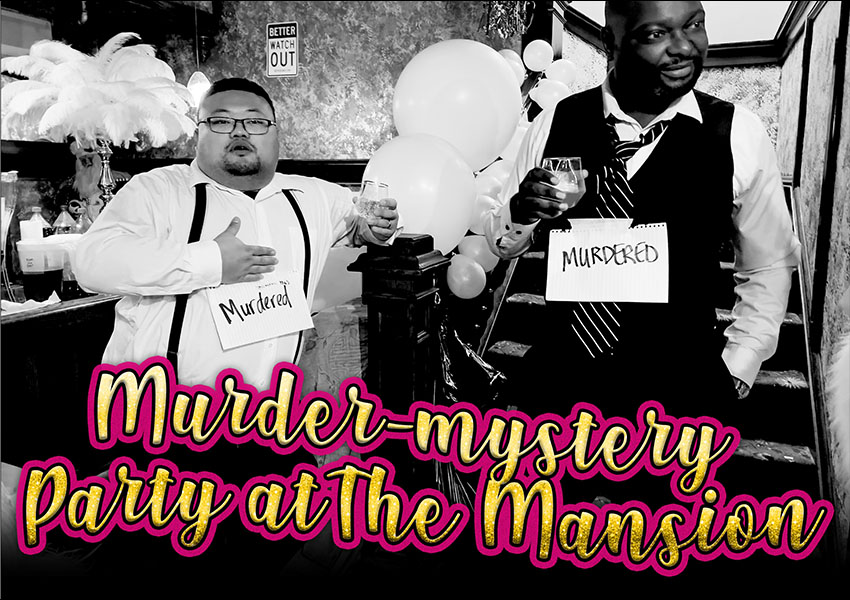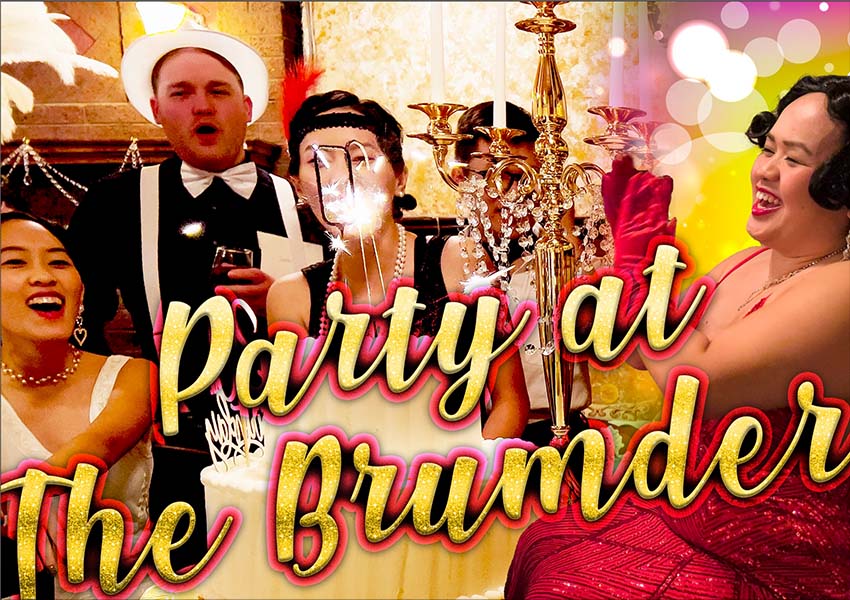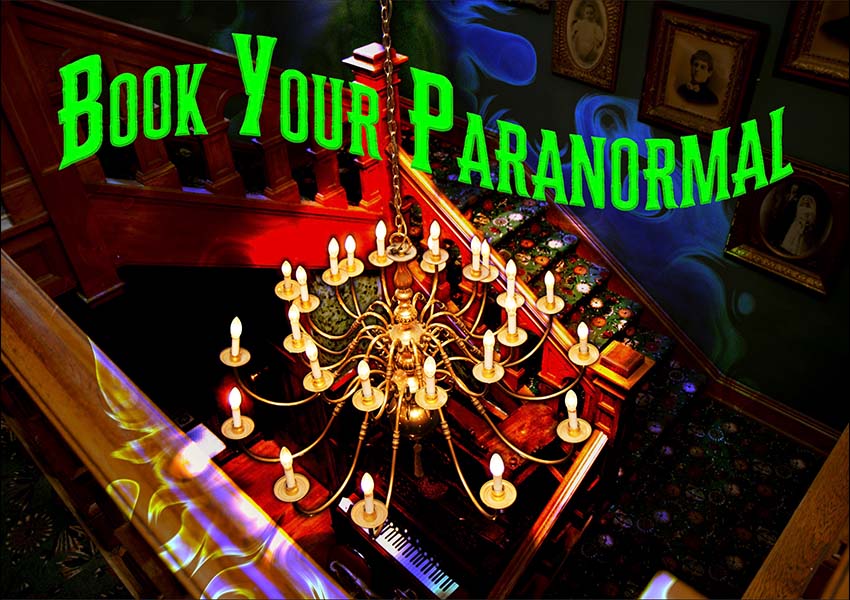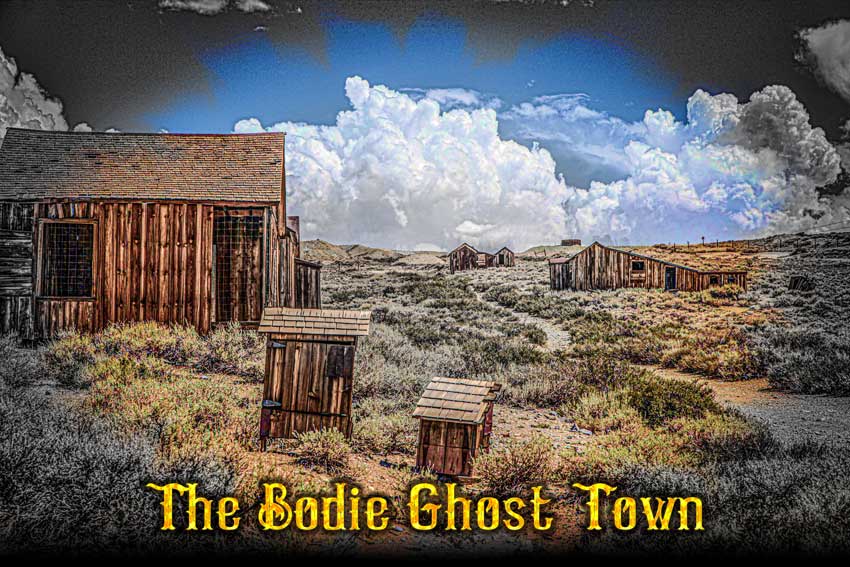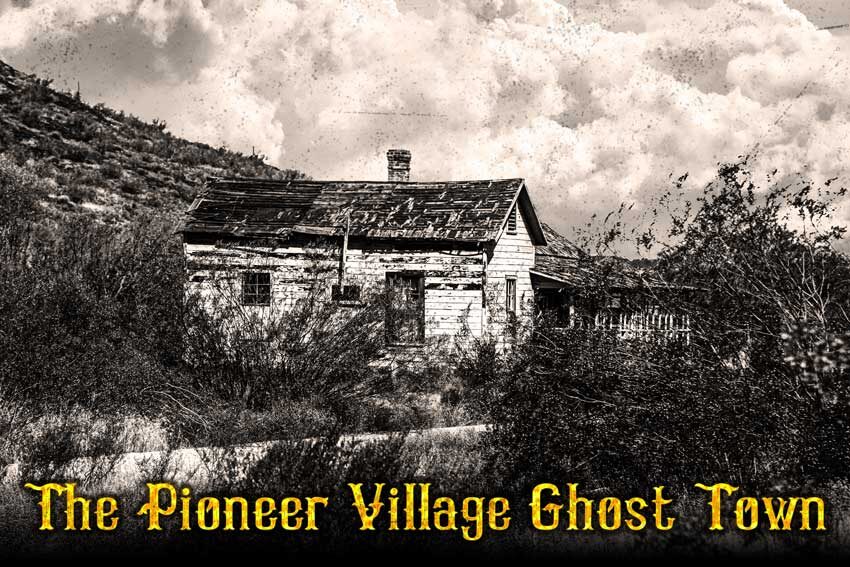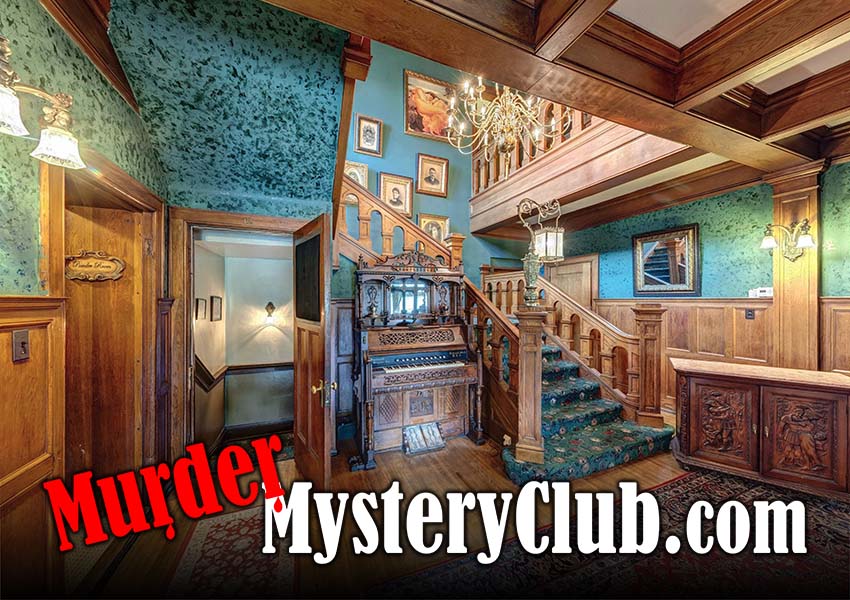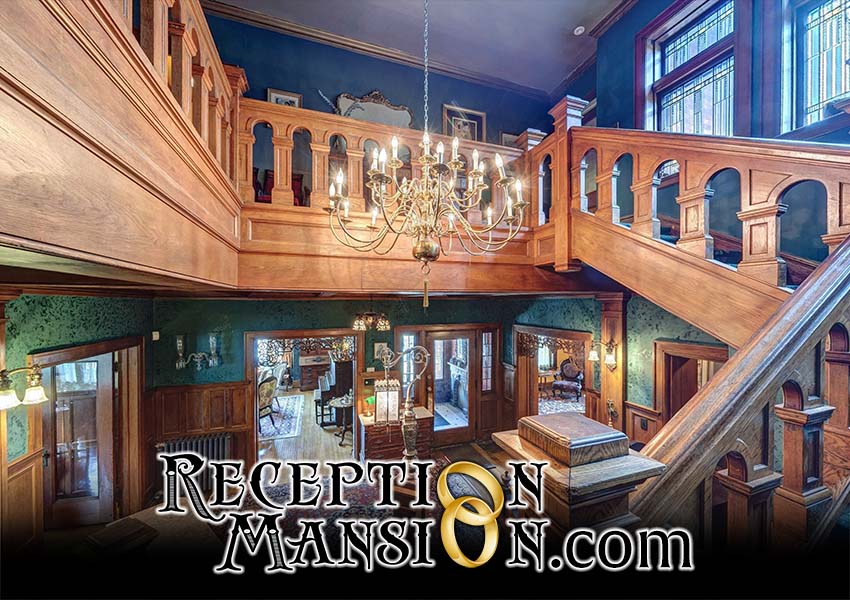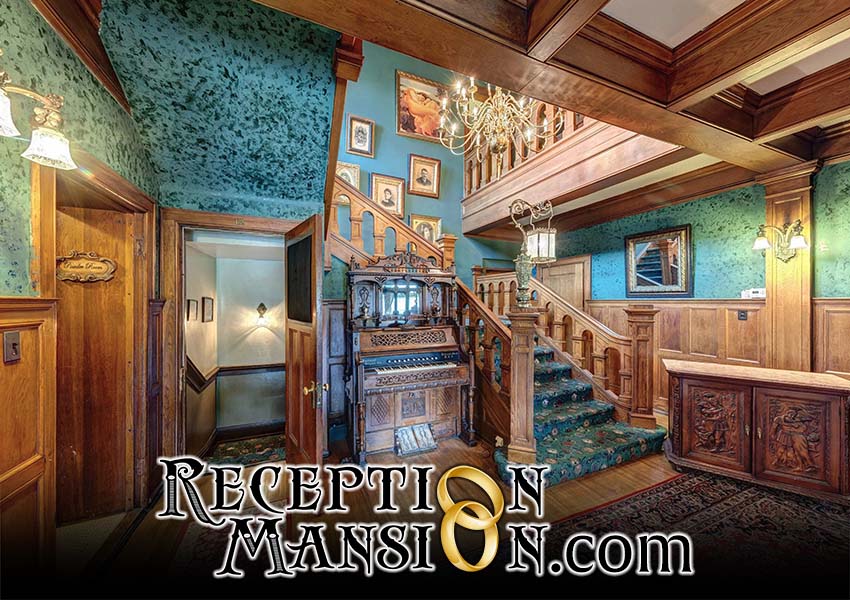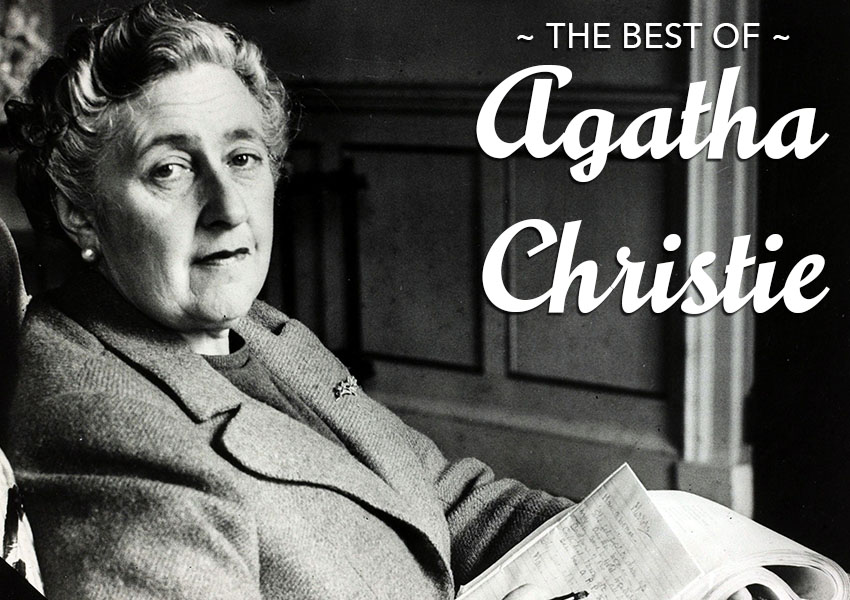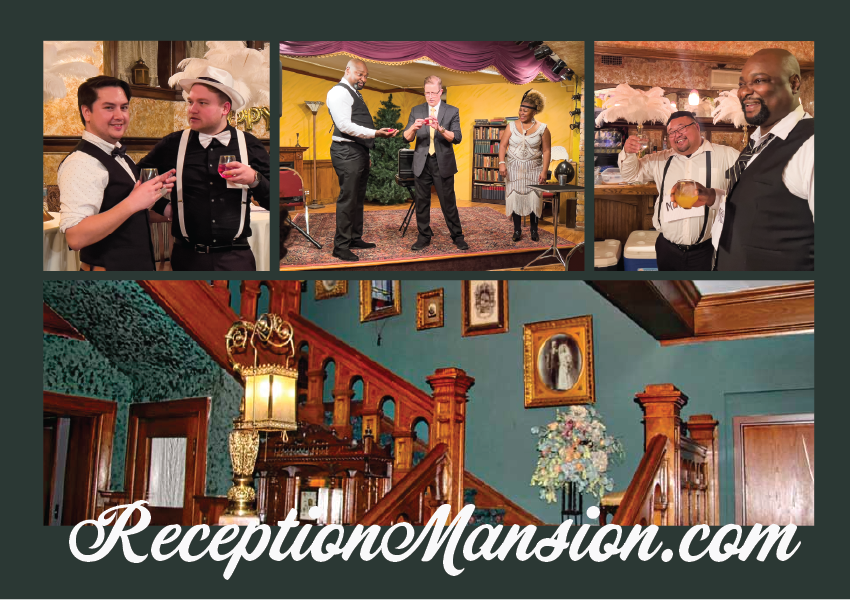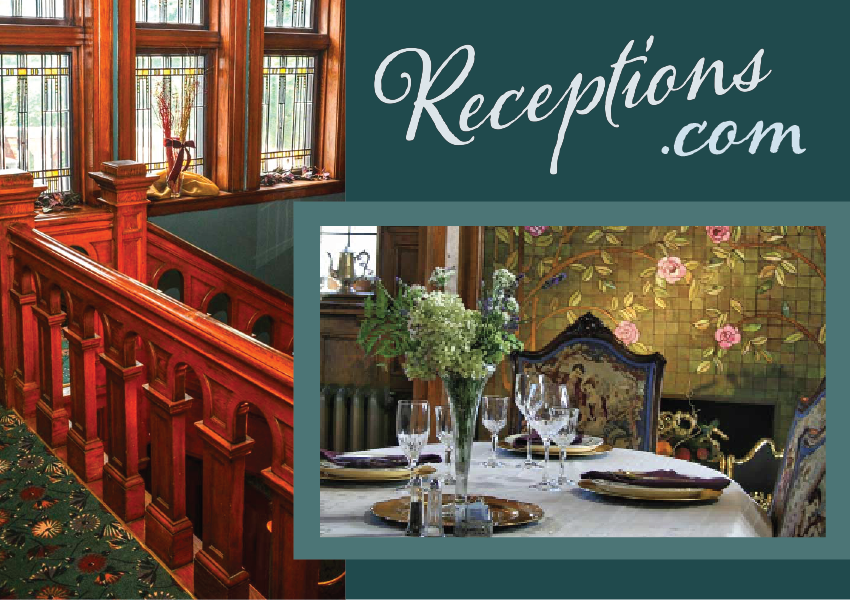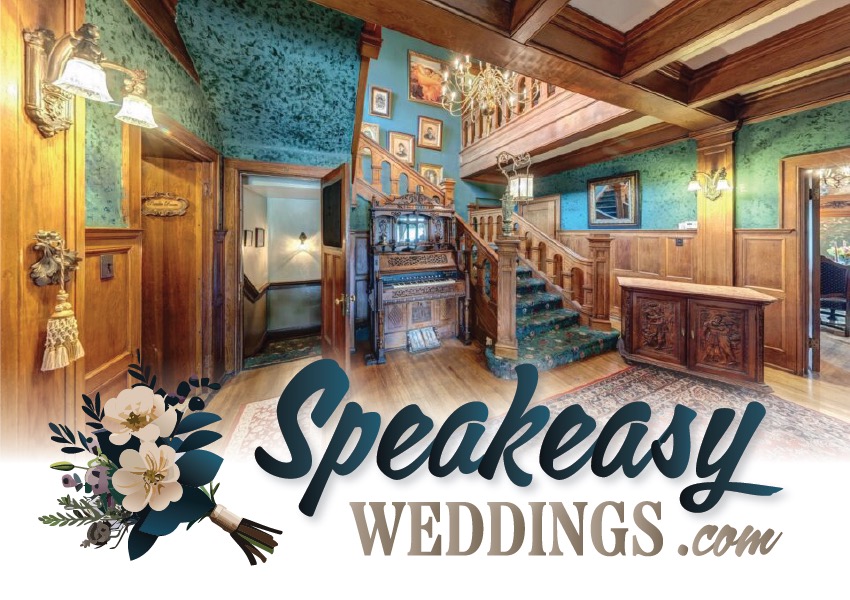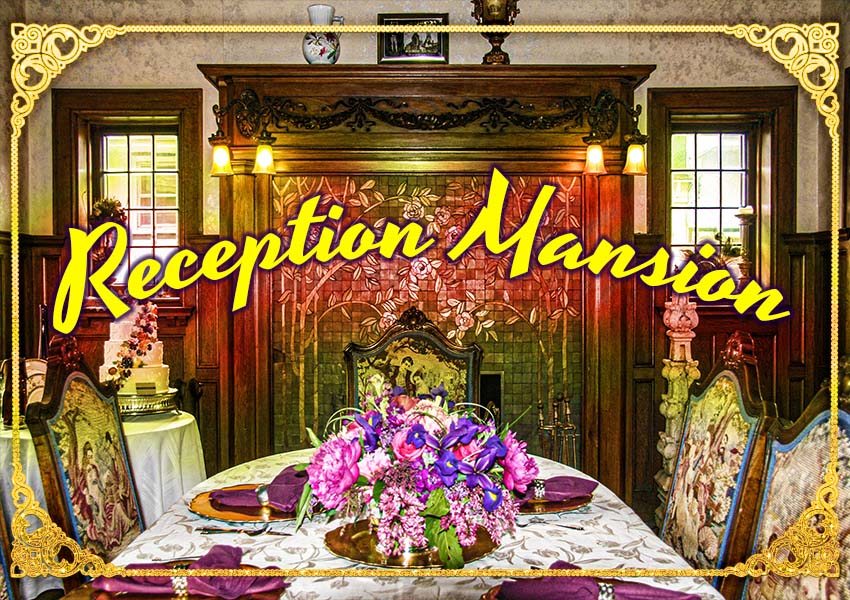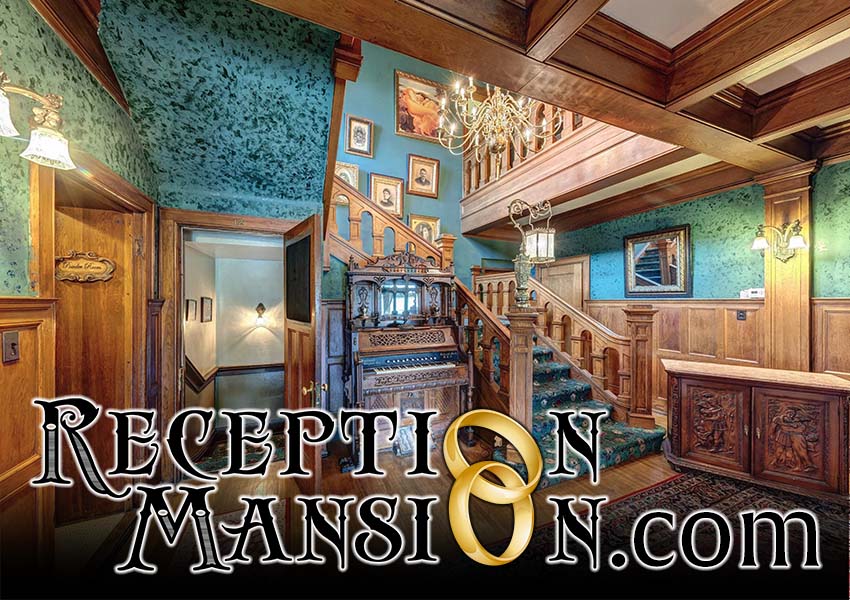Nashville Tennessee
Hermitage
Southern civility and hospitality went out the window when a
former owner found a loud but unique way to tell his demand.
Former slaves still relive their former lives, startling the living!
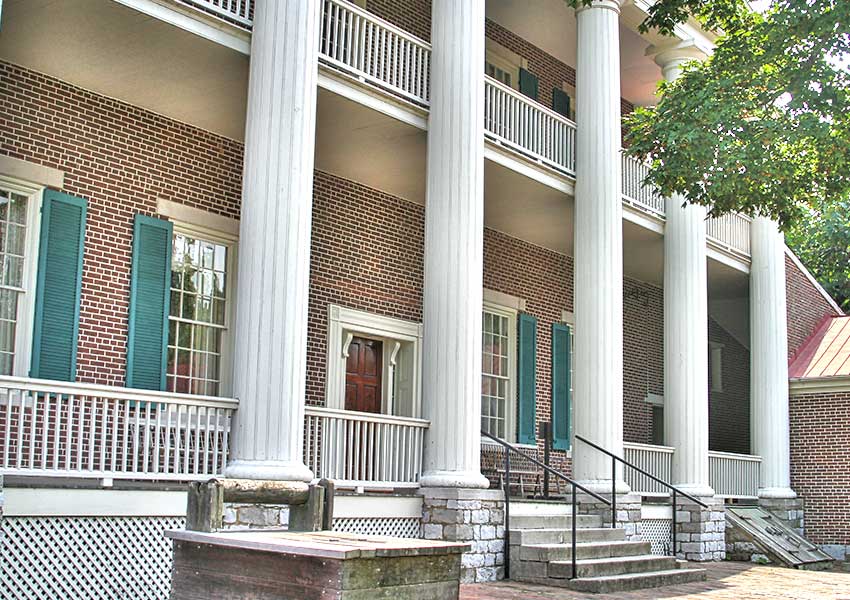
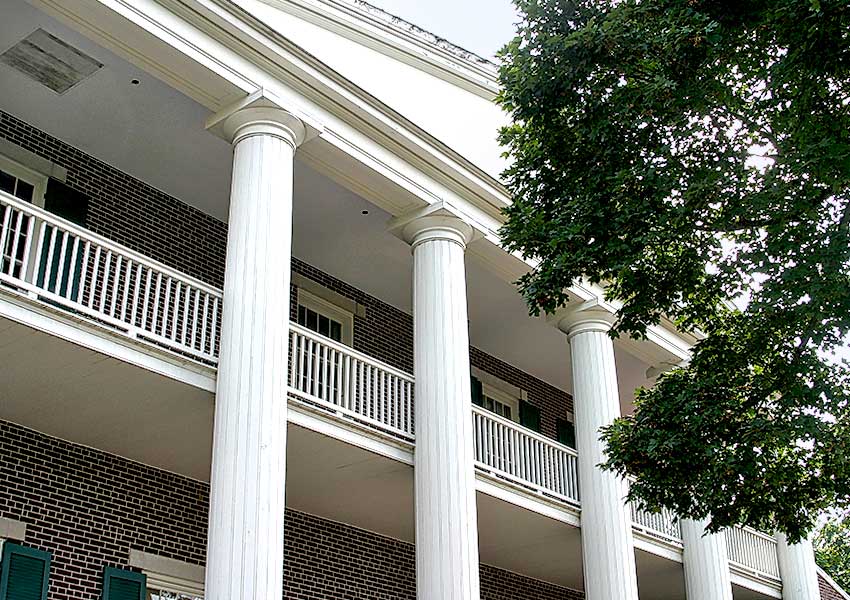
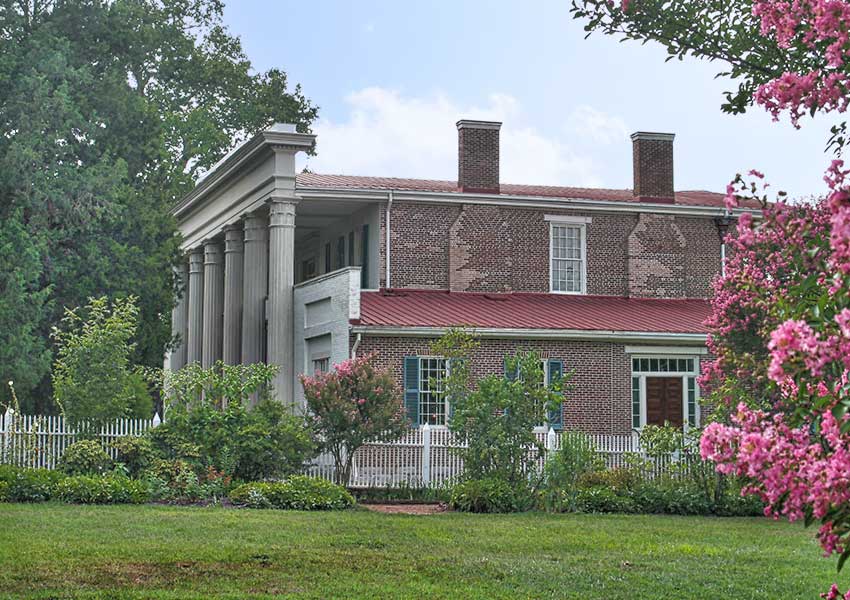
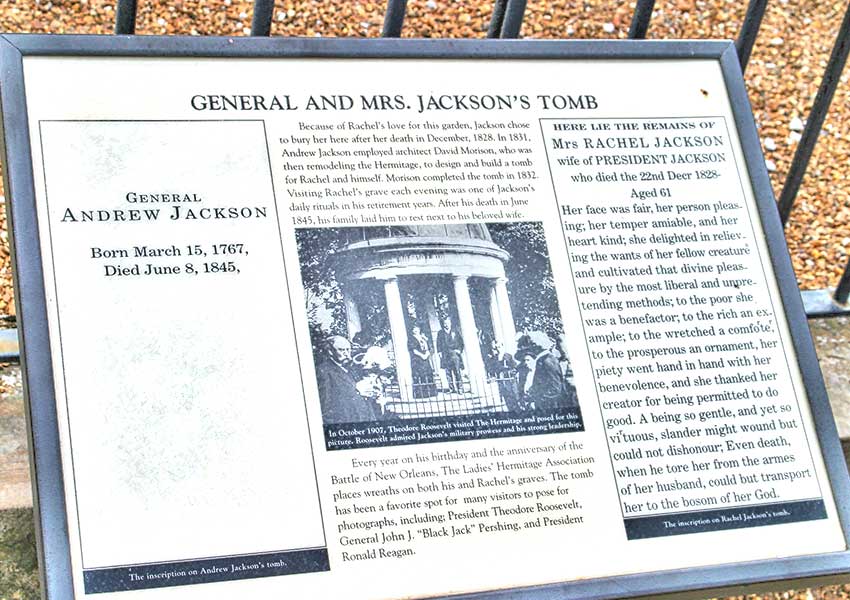
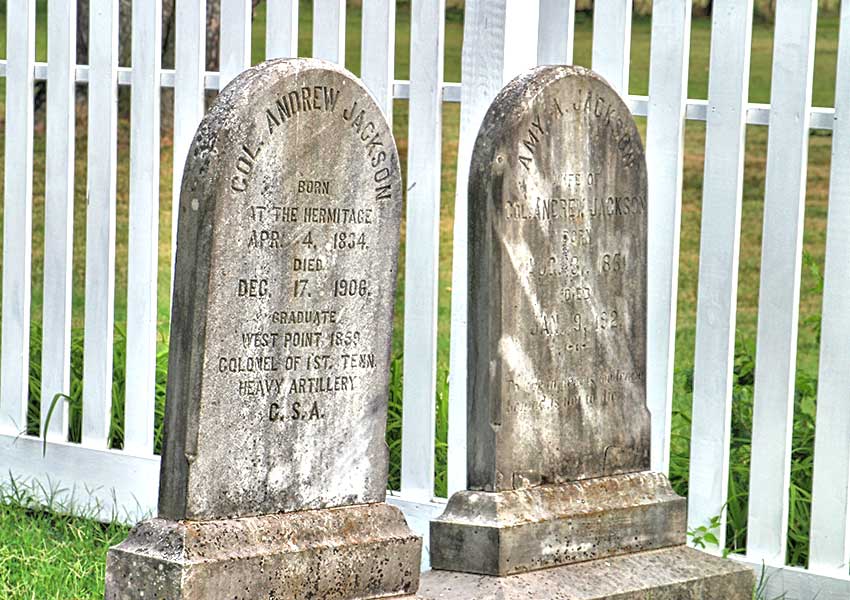
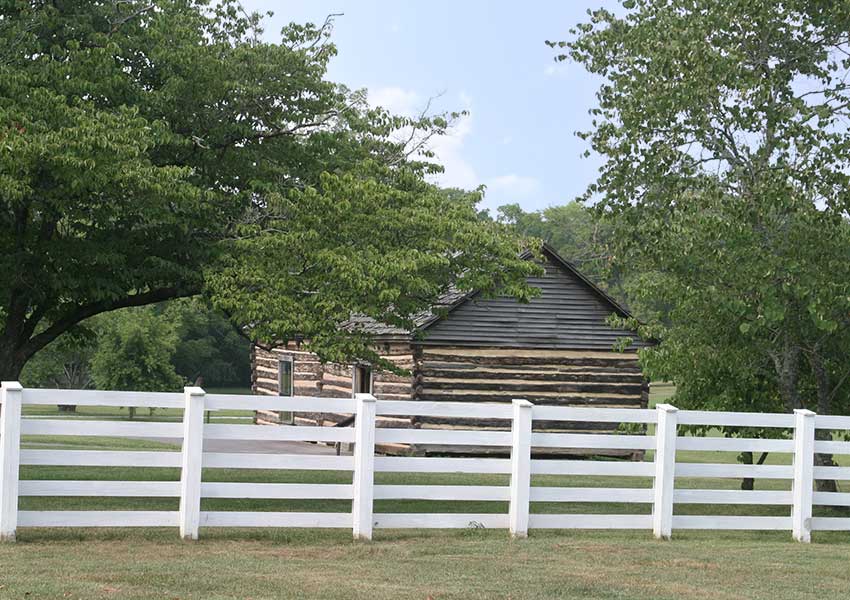
DESCRIPTION
The Hermitage Mansion sits on an estate of 1,120 acres, which includes the entire 1,050-acre tract that Andrew Jackson owned when he died in 1845. The Hermitage Plantation Estate is huge with a lot of buildings and places of interest to see and ponder.
After visiting the Andrew Jackson Visitor Center, where the theatre, museum store, cafe and comfort stations are located, Tom and I walked up the winding, stone path to the family’s mansion. Wow! What a beautiful home, befitting a war hero, public servant and a President of the United States.
One is greeted by a beautiful mansion, completely restored to the mansion it was from 1837-1845, thanks to the years of dedication of The Ladies’ Hermitage Association, who not only renovated the mansion, but bought from the family most of the original furnishings, got land back land from the state and bought land from private owners, and renovated other buildings on site, including the Jackson’s Hermitage Church. Archaeology sites are investigated during the summer months by experts.
The architecture is a lovely blend of Federal, Palladian and fashionable Greek Revival Style. The inside is decorated mostly in the Greek Revival Style. The tour of the mansion takes the visitors by the first floor rooms and living space and upstairs to peek into the rooms as well, though visitors are not allowed to walk inside the rooms, so as to preserve the furnishings and rugs that the organization worked so long to acquire and restore.
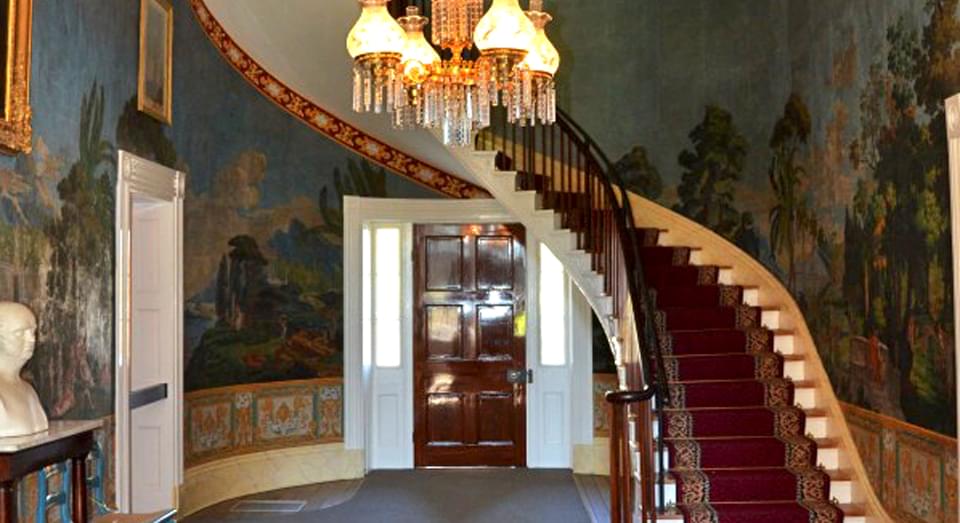
HISTORY
The Hermitage Plantation was a self-sufficient, profitable gentleman’s farm, run on slave power, providing a warm home for two generations of the Jackson family. Andrew Jackson loved being at his sanctuary, when he could, where he could enjoy country living, grow their own food and provide a nice life for the love of his life, Rachel, a devout, loving woman who adored Andrew and loved the Lord. Andrew Jackson often was away because of his political, business, and military careers.
Andrew and Rachel were unable to have children, but that didn’t stop them from having a family. They adopted the orphaned nephew of Rachel’s, calling him Andrew Jackson Jr., who became Jackson’s heir to his property. Many children over the years lived for a time with the Jacksons, who loved kids. One such child was an orphaned Indian boy, the victim of war.
Rachel began to suffer from medical problems in 1825, which became worse in 1828, when Jackson ran for President again. His political foes made “degrading remarks and taunts focused on the circumstances surrounding her divorce and her marriage to Andrew,” so many years ago, which cut her deeply. She died on December 22, 1828, on the eve before the day they were leaving for the White House. Jackson blamed his political opponents for her death.
In 1845 Andrew Jackson died and was buried beside his wife in the family cemetery in the Hermitage Mansion garden, near the Hermitage Mansion. After Andrew Jackson died, Andrew Jackson Jr. inherited the Hermitage Plantation and Mansion, his wife, Sarah and two sons and a daughter took official ownership of the mansion.
Andrew Jackson Jr. wasn’t much of a farmer and didn’t try to improve the farm’s output, but instead put his money in an ironworks operation and a lead mine, which turned out to be bad investments. (He would’ve been better off going to a business advisor, as he also had no business sense.) He began to sell outlying parcels of Hermitage land. In 1856, He finally had to take care of the mounting bills by selling “a 500-acre core section of the 1,050-acre farm, including the mansion and outbuildings, for $48,000 to the State of Tennessee, who planned to use it for public use.”
As there was no money for public use in the state budget at this time, it was decided to allow the Jackson family to stay in the mansion as tenants. However, in 1858, Andrew Jackson Jr. sold what was left of the acreage to private owners and moved his family to a cotton plantation in Mississippi, which failed in 1860. So, they swallowed their pride and moved back in the old Hermitage to live as tenants.
The Civil War came, and both of Andrew Jackson Jr.’s sons went off to war to fight, serving as officers for the Confederacy. Only Andrew Jackson lll came home alive. Andrew Jackson Jr. died in 1865, probably not a happy camper, as they were living as tenants in their own home, one of his sons was killed, the South had lost the war, and he had to live with the fact that he failed three times in business ventures, causing the selling of the Hermitage and all of its land.
Fortunately for the Hermitage, no battles took place anywhere near it, and it was protected by both sides against marauders. After the war, Sarah and Andrew Jackson lll made a living with a very small farming operation with paid day labor and tenant farmers. When they died, they were buried in the same family cemetery in the garden.
The care of the Hermitage Mansion was at the mercy of the lumbering, indecisive government, and suffered “a slow deterioration” because of a lack of money, will and action. Andrew Jackson must have been spinning in his grave! Finally, in 1883, the state of Tennessee managed to agree to give $350 for repairing the Jacksons’ Tomb and monument, and put an iron fence around it.
What finally galvanized the people of Tennessee, to preserve the Hermitage Plantation was the proposal to turn the Hermitage into a home for invalid soldiers. By the time the brew ha ha calmed down, the soldiers’ home was built 1/2 mile away from the Hermitage, and The Ladies Hermitage Association had formed and took over the care of what was left of the Hermitage Plantation buildings and mansion, rescuing them from decay and neglect, with plans to get back Jackson’s land as well.
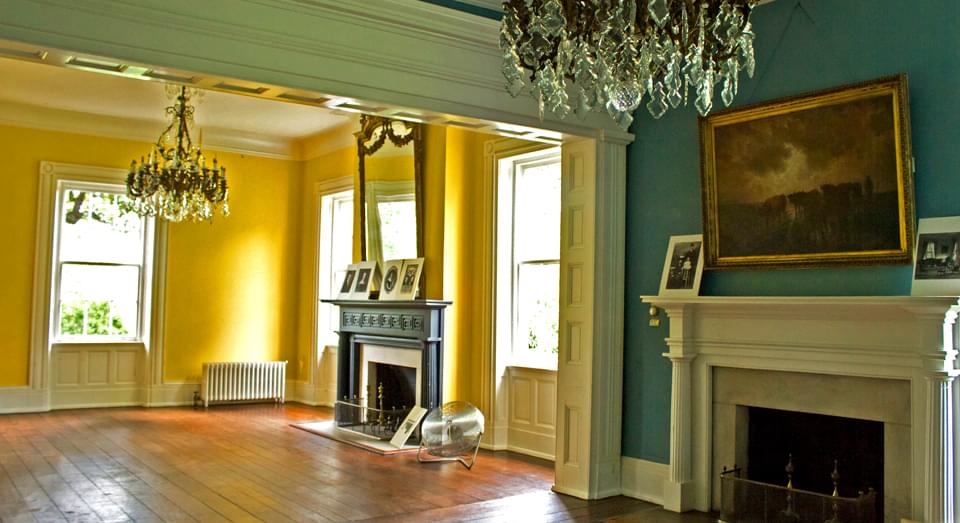
HISTORY OF MANIFESTATIONS
By 1889, The Hermitage was very long in the tooth, in deplorable shape. Despite being sold to the state of Tennessee in 1856, the state of Tennessee throughout the years because of a failure to follow through on a variety of options for the property, had done a terrible job keeping up the Hermitage. Some entities still hanging around, unable to rest, were very unhappy with the dolts among the living who should care for a former president’s home! There was a reason why the two remaining people who had worked for the family, staying at the Hermitage during the day wouldn’t spend the night there.
Some women of The Ladies’ Hermitage Association who had formed as a group in an effort to salvage and restore President Jackson’s beloved Hermitage to its former glory, found out why and got an earful from these departed for the entire time they stayed there. Concerned about people breaking in, they took turns spending the night in the mansion, until a watchman/grounds keeper could be hired. They settled down to sleep on mattresses in the living room, but not for long!
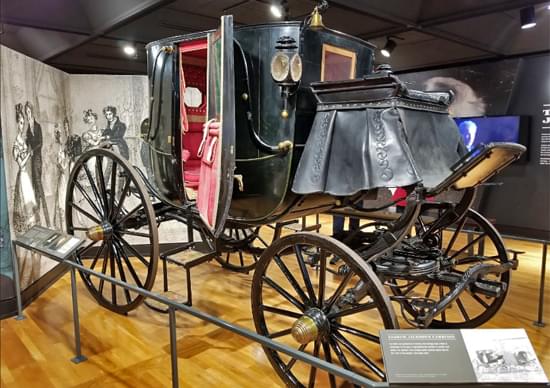
MANIFESTATIONS
In the middle of the night, the women were rudely awakened:
The entity of President Jackson
made his presence and his feelings known! In the middle of the night, the women were rudely awakened by the sounds suggesting that someone was riding a horse up and down the main staircase, creating quite a racket. The message was clearly expressed by this, in the spirit of a military officer waking up new recruits; “Why are you sleeping? Get up! Fix my house!!!”
Past Servants and Slaves, and perhaps Sarah Jackson in the kitchen?
The loud, clanging sounds of chains being dragged across the front porch, also rang in the air, to be sure they were awake!
The women also heard sounds suggesting that havoc was reigning in the kitchen, as the cacophony of noise reverberated throughout the downstairs. The next morning, nothing was out of place; pots and pans were all on their shelves, and there were no broken dishes to clean up. All the doors and windows were still locked.
Spirits of Slaves
While Andrew Jackson met the needs of his slaves, as evidenced by adequate food, housing which was more generous than other plantations, and the ability of his slave women being healthy enough to have children, slavery was still a brutal and cruel system, and the Jacksons never forgot their slaves were property. “When Andrew Jackson felt offenses were severe, he did permit slaves to be whipped and did post runaway notices.”
Spent years working hard and/or serving the family, can’t let go and go to the other side and thus hang around the Hermitage.
Throughout the years and even today apparitions of slaves congregate on the balcony in front of the master bedroom, used by President Jackson, and other family descendants.
Sounds of chains being dragged across the front porch still are probably heard late at night.
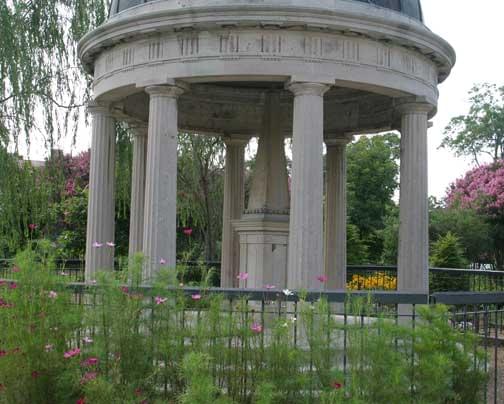
STILL HAUNTED?
Yes indeed!
Since all the original land is once again part of the Hermitage Plantation, and the Hermitage Mansion itself and other buildings have been beautifully restored and renovated, showing most of the original furnishings, and is well taken care of, the entity(ies) of President Jackson (and perhaps Andrew Jackson Jr. and Sarah Jackson) has/have been very quiet. Jackson hasn’t done an encore of riding his horse up and down the stairs. The kitchen remains quiet. However, it is thought that he and perhaps the others still keep a close eye on the living and the beloved home, the Hermitage, which Jackson built out of love for his family.
The entities of slaves and perhaps servants still haunt the Hermitage.
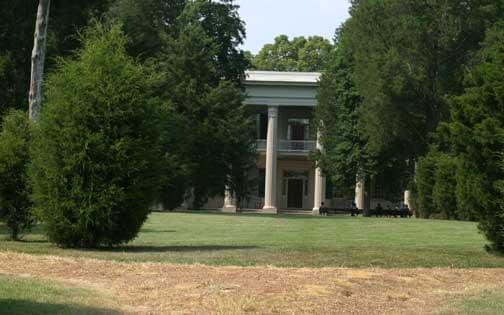
LOCATION
4580 Rachel’s Lane
Nashville, Tennessee 37076
The Hermitage is found just 20 minutes northeast of Nashville, around 15 miles.
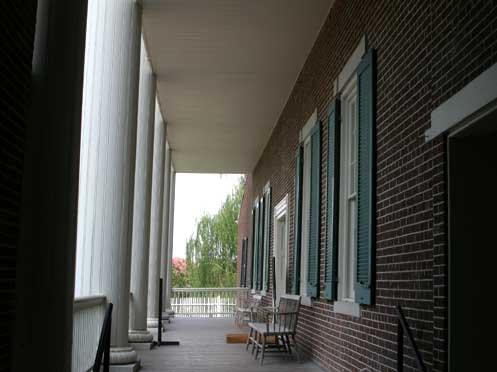
SOURCES INCLUDE
- prairieghosts.com
- thehermitage.com
- The Hermitage: A Guide to the Mansion and Grounds
(Brochure given to visitors)
Our Haunted Paranormal Stories are Written by Julie Carr
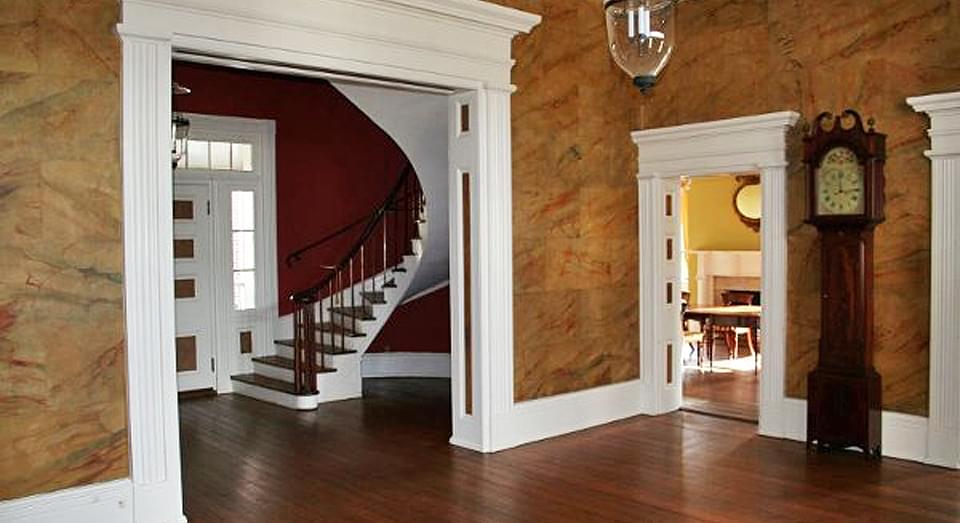
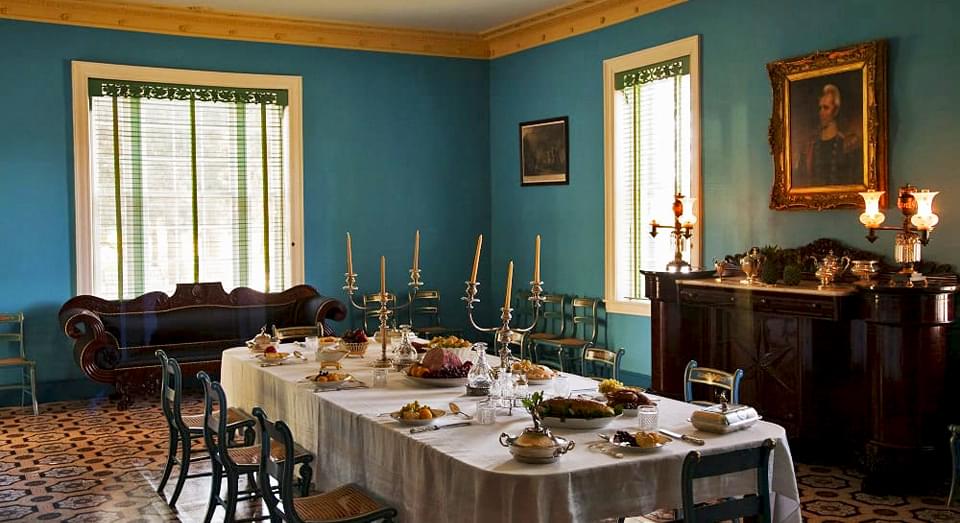
Your Paranormal Road Trip
